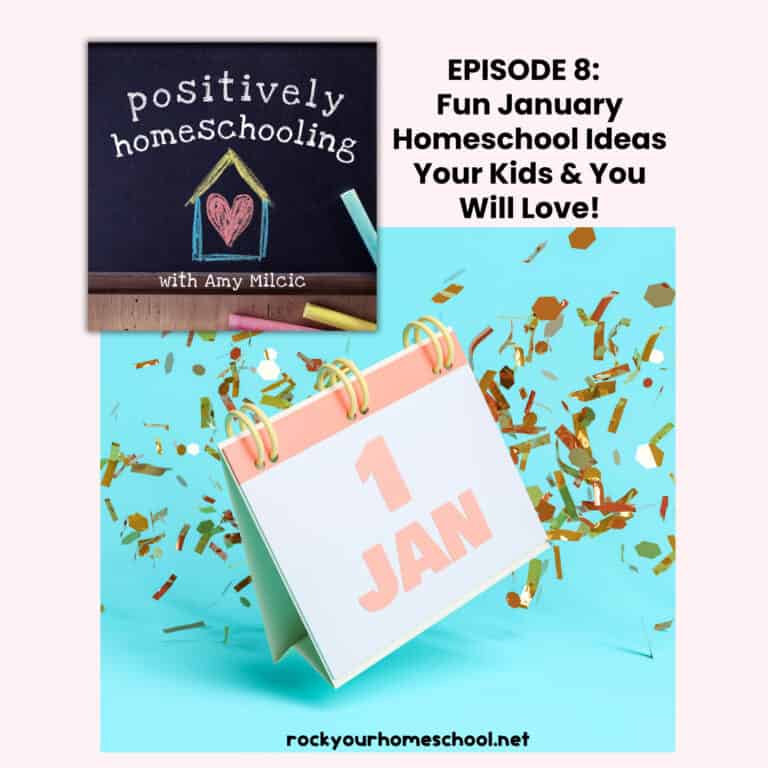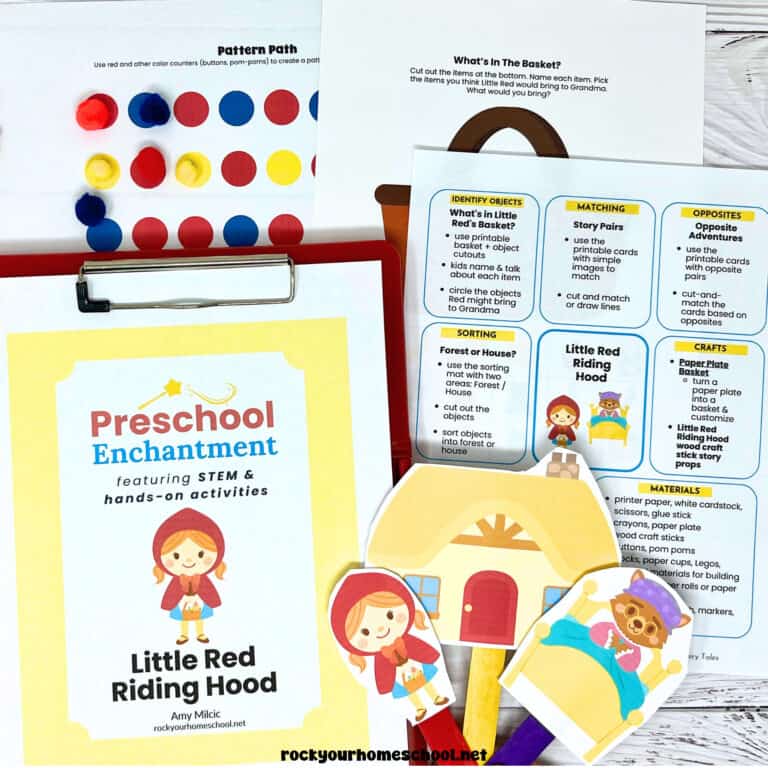Homeschool assessment of progress does NOT have to use tests or grades.
Discover how you can use these 5 simple yet effective ways to determine how your homeschool students are doing – and track their work.

Learning Is Much MORE Than Tests and Grades
Hate the idea of grades, but want to still be able to tell how your kids are doing in your homeschool?
GIRL! I’m right there with ya!
At the start of our homeschooling adventures, I was a complete Type A, hot mess express. And my only experience with learning was public school (from my own education and having 2 parents who were teachers).
Grades and tests. Tests and grades. I thought that’s what really mattered. Because having one of the highest grade point averages (GPA) was the ultimate goal, right?
Well, for me, it was. And I worked VERY hard to be 7th in a very large graduating class.
But, WHY? And what did it accomplish? Did I gain the necessary skills to REALLY think for myself?
Nope! Not until being a student at a liberal arts college and graduate school where I was forced to process and think outside the box.
All of these experiences helped me realize that I wanted more for my kids. And that I wanted them to strive to be lifelong learners – not just study for the test or get a specific grade.

Getting Creative with Homeschool Assessment
There’s been a lot of discussion over the years (both in the public school system and in the homeschool community) about why the grading system isn’t the only (or even the best) way to assess academic progress.
In fact, a lot of educators are arguing that not only is grading unnecessary, but that it can even be harmful!
When there’s a focus on grades, students might end up:
- Believing that their grades define who they are and what they’re capable of.
- Feeling like a failure if they aren’t doing well in certain subjects.
- Study to “pass” tests and classes rather than to actually learn.
- Feeling like they can’t step outside the box and do things that are creative, but not necessarily gradable.
- Overlooking their talents and natural skills because they’re too busy feeling bad about the things they don’t excel at.
- Living in a state of anxiety over whether they’re doing well enough in their lessons.
In short, a LOT of fixed mindset type of stuff. And that type of thinking impedes progress, potential, and passion (as in, identifying interests and pursuing ways to build).
No matter where you stand on the issue of grading as an assessment tool, it’s clear that none of the above things are what you want for your kids.
The beauty and benefit of homeschooling is that you don’t have to use a grading system to assess your kids’ progress.
But, how do you know whether homeschooling is actually “working” for your child?

That’s a totally fair question! Below, you’ll find some creative ways that you can do homeschool assessment without tests or grading.
1. Ask Questions
This suggestion may seem like it’s too simple, but not everything needs to be complex in order to be effective.
One great way to tell how much your child knows about a concept or subject is to simply ask them about it.
If you want to know if your child has mastered a particular skill or retained information about a topic, ask a very specific question. Then, pay attention to their response.
If your child correctly and smoothly answers your question, then your child is ready to move forward.
If your child got the answer right, but needed time to get to the correct answer, they might need a bit more time with studying it.
If a wrong answer was give or a lot of struggle was shown to figure it out, it’s probably best to revisit the basics of the subject or concept until your child can demonstrate mastery.
2. Show-and-Tell for Creative Homeschool Assessment
Do you remember having show-and-tell in school?
It was such a cool way to get to know a bit about your classmates. And it was also a great opportunity for kids to show off how much they knew about something – whether it was a favorite toy, something they loved doing, or a new skill they developed.
Show-and-tell can be a fantastic way for kids of all ages to present something to you (and their siblings) and display their knowledge/expertise.
Plus, this experience is an awesome way for you to see how much your kids have learned.
As the teacher of your children, you can easily provide them with numerous opportunities to do presentations throughout the academic year that give you an idea of their progress.
Plus, your get to develop their presentation skills. Bonus!
3. Homeschool Portfolios
Instead of focusing on how your child is performing at any given moment in time, you can use portfolios to track their progress over time.
By keeping track of things like assignments, projects, and art work that your child completes throughout the year, you get a bird’s eye view of what has been achieved.
It can be really beautiful to look through the portfolio and see just how far they’ve come. Often, you end up realizing that your kids have made more progress than you realized.
Homeschool portfolios are part of the legal requirements in our state (Pennsylvania). I was completely intimidated by this progress. But, I’ve been successfully putting together portfolios that have passed with flying colors by our homeschool evaluator.
When you relax and enjoy the process, you see that you now have an amazing collection of memories and work that demonstrates progress.
4. Beginning and End-of-Year Evaluations
Another outstanding way to track progress over time is to have evaluations at the beginning and end of each year.
At the beginning of the year, sit down and give them an evaluation. It can be informal – just a chat about what your kids learned last year and what will be learned in the upcoming year.
Be sure to let your children know that you just want to see what they know now and how you’ll use that information to put together your lessons.
At the end of the year, use the same questions to have a chat (assessment) again. With this approach, you can see what your kids have learned over the past year.
If you prefer, you can also do this activity at the end of every quarter or semester, instead of just at the end of the year. This approach allows you to make adjustments, if necessary.
5. Project-Based Learning for Homeschool Assessment
Another super cool tool for homeschool assessment is assigning projects and seeing how well your kids complete them.
For example, if you want to assess how well your child has learned fractions, you can give them a recipe. Tell your child that they need to figure out how to change the recipe to feed a certain number of people.
You can provide a variety of instructions. For the first task, you child may need to cut the recipe in half. Then, your child will need to triple it.
This type of project will require your child to use math skills that have been learned and practiced.
If you want to assess reading comprehension skill, you can instruct your child to act out a favorite book in 15 minutes or less. Or conduct a puppet show to relay the events of the story.
Get creative and come up with fun and interesting projects that your kids can complete to demonstrate their knowledge and skills.

Your Turn: Share Your Homeschool Assessment Ideas
These ideas are just a few ways to assess homeschool progress without tests or grading.
I hope your creative juices are flowing so you can figure out what works for you and your family.
Have another idea for creative homeschool assessment? I’d love to hear about it in the comments below!











